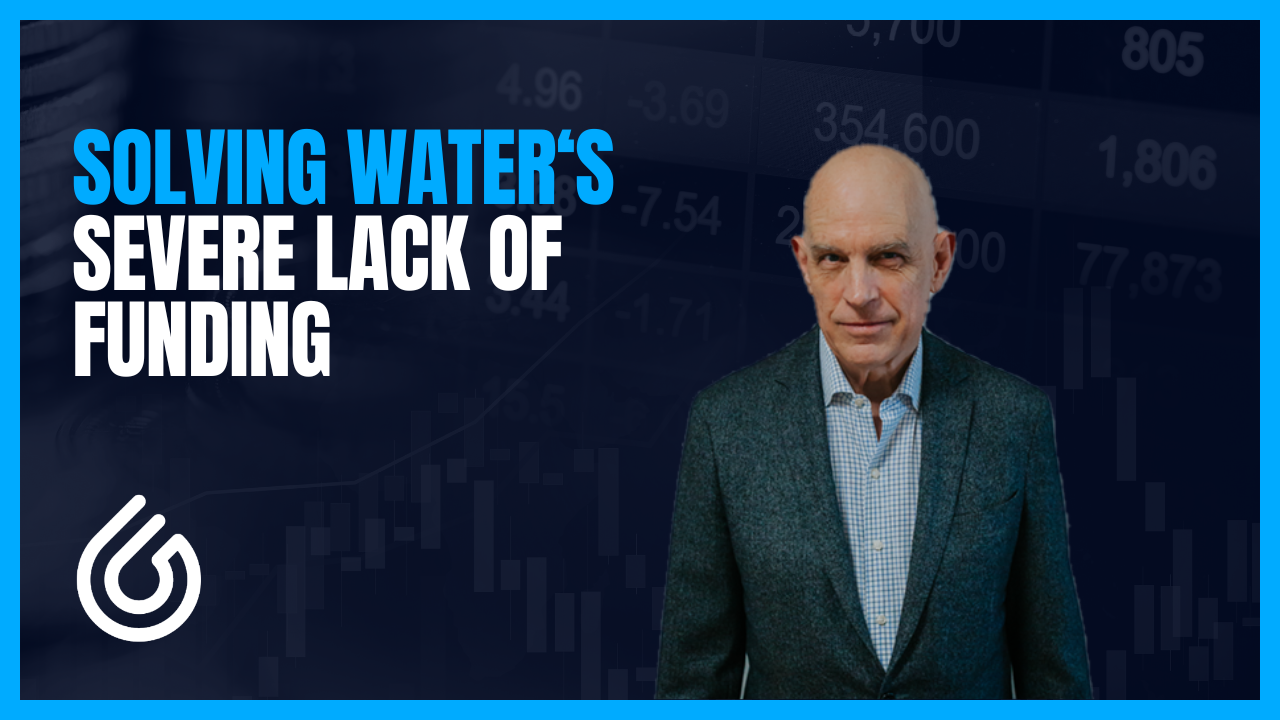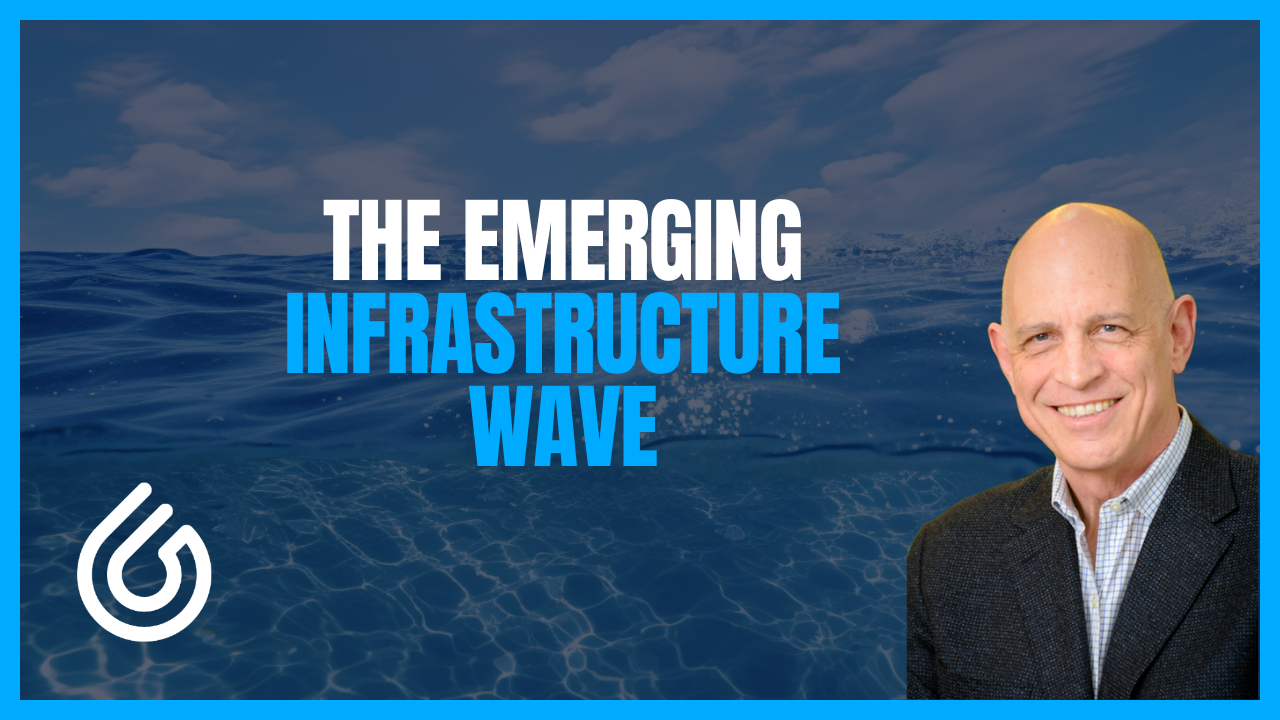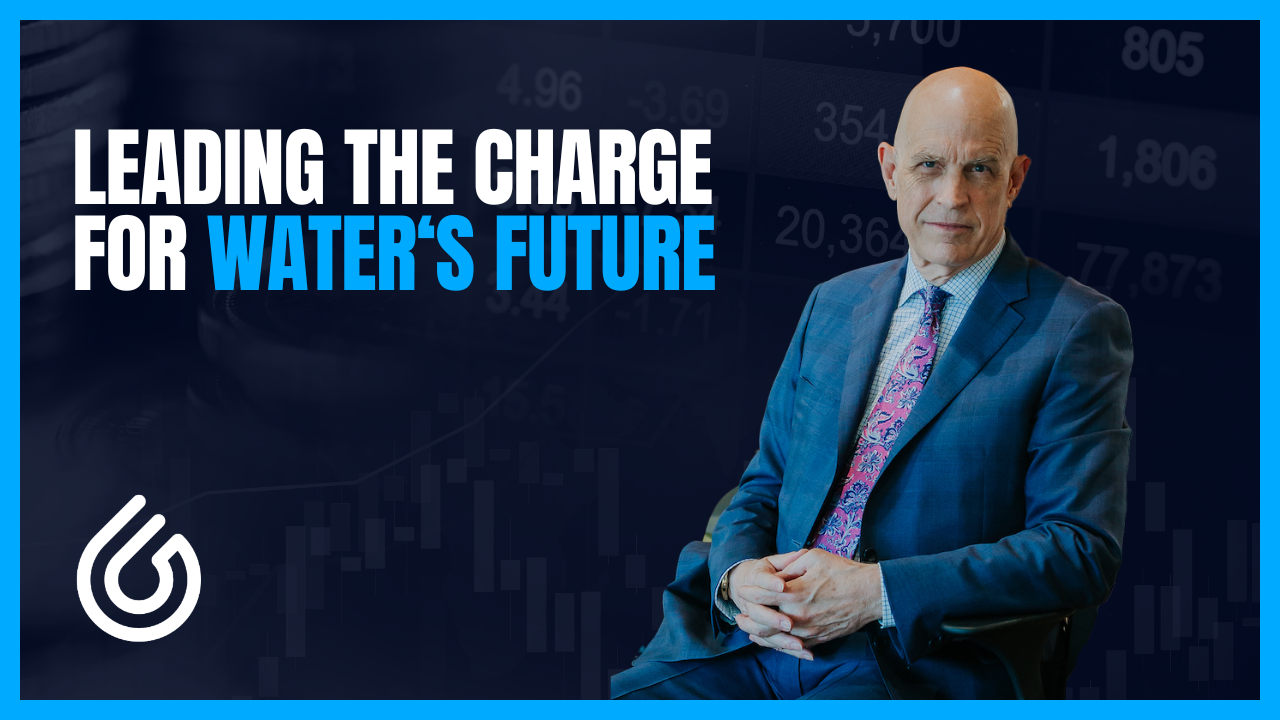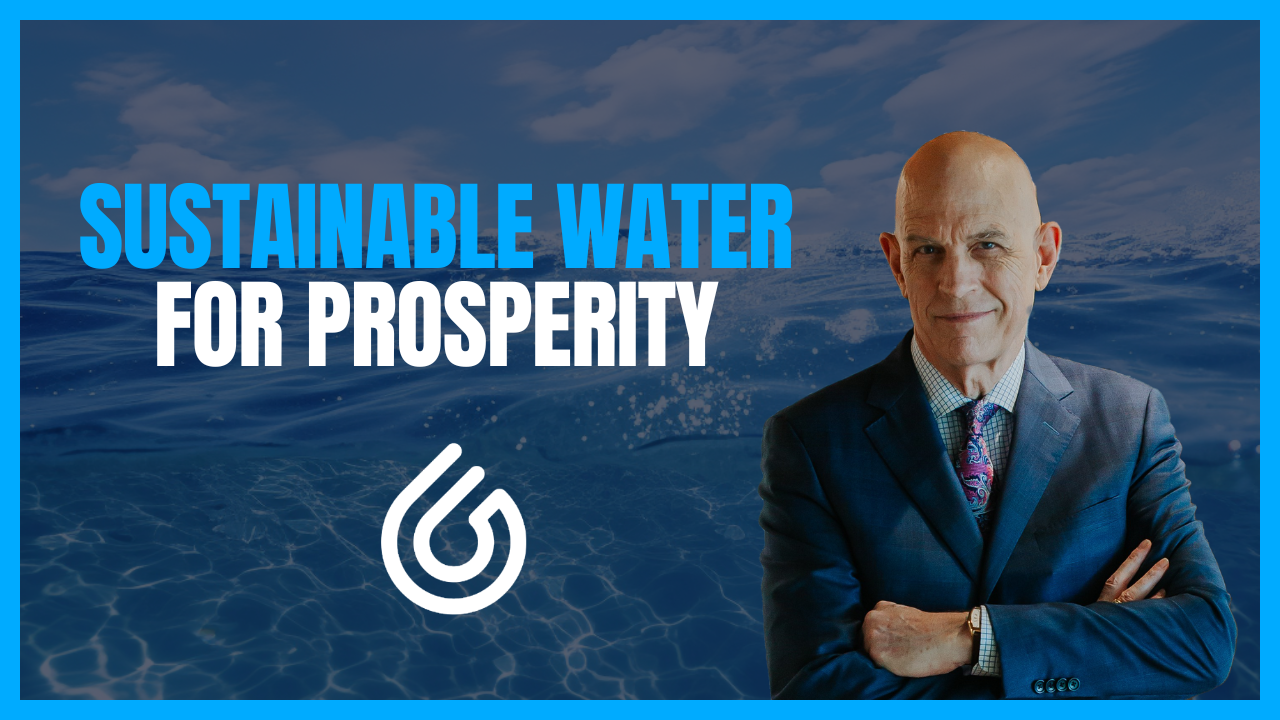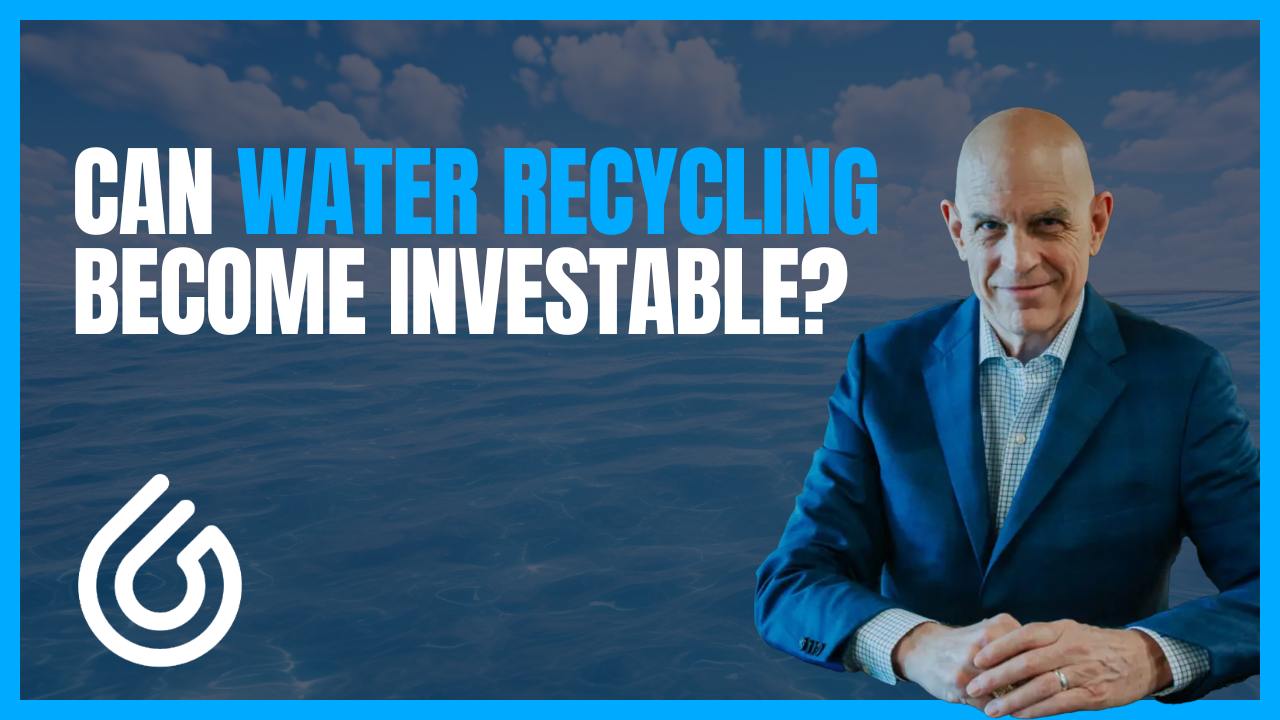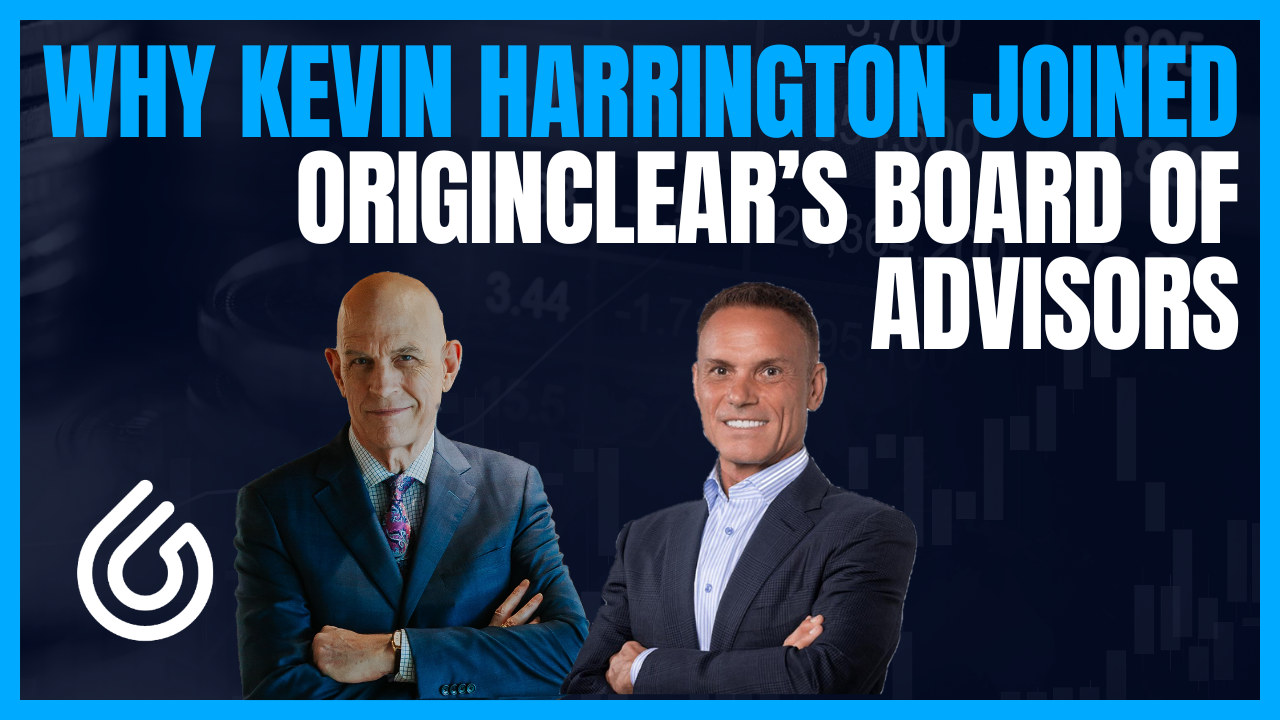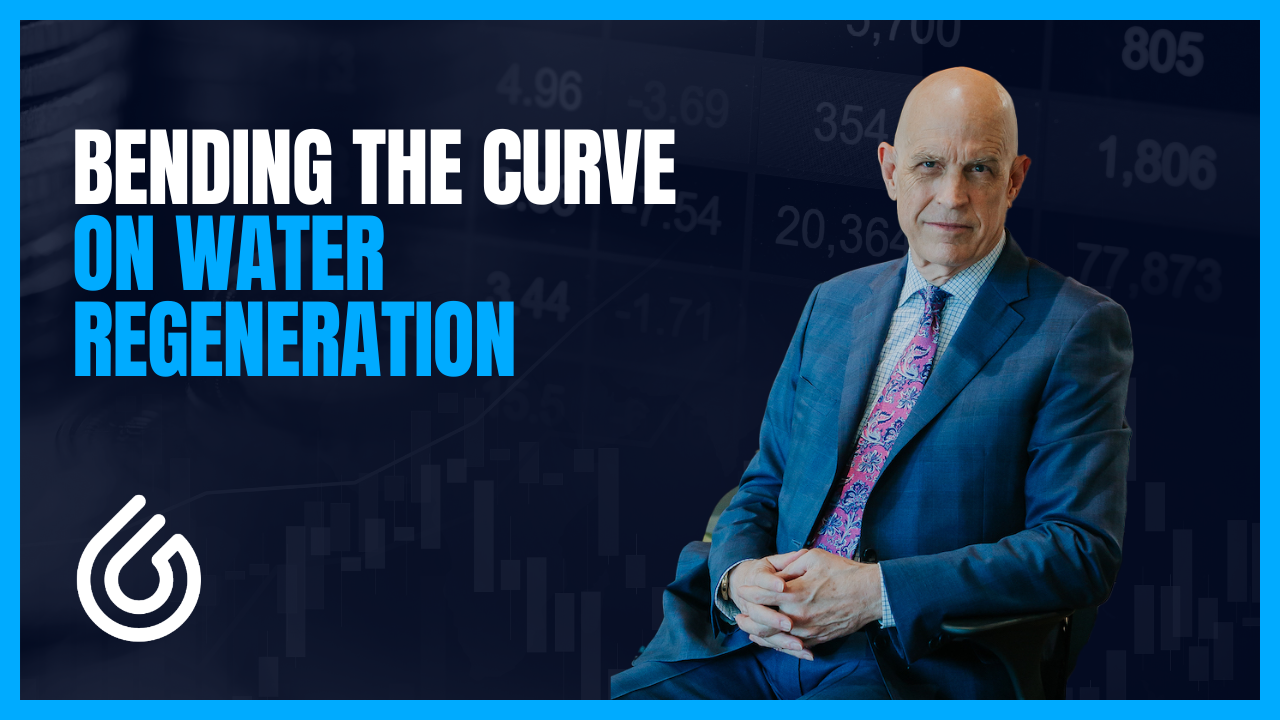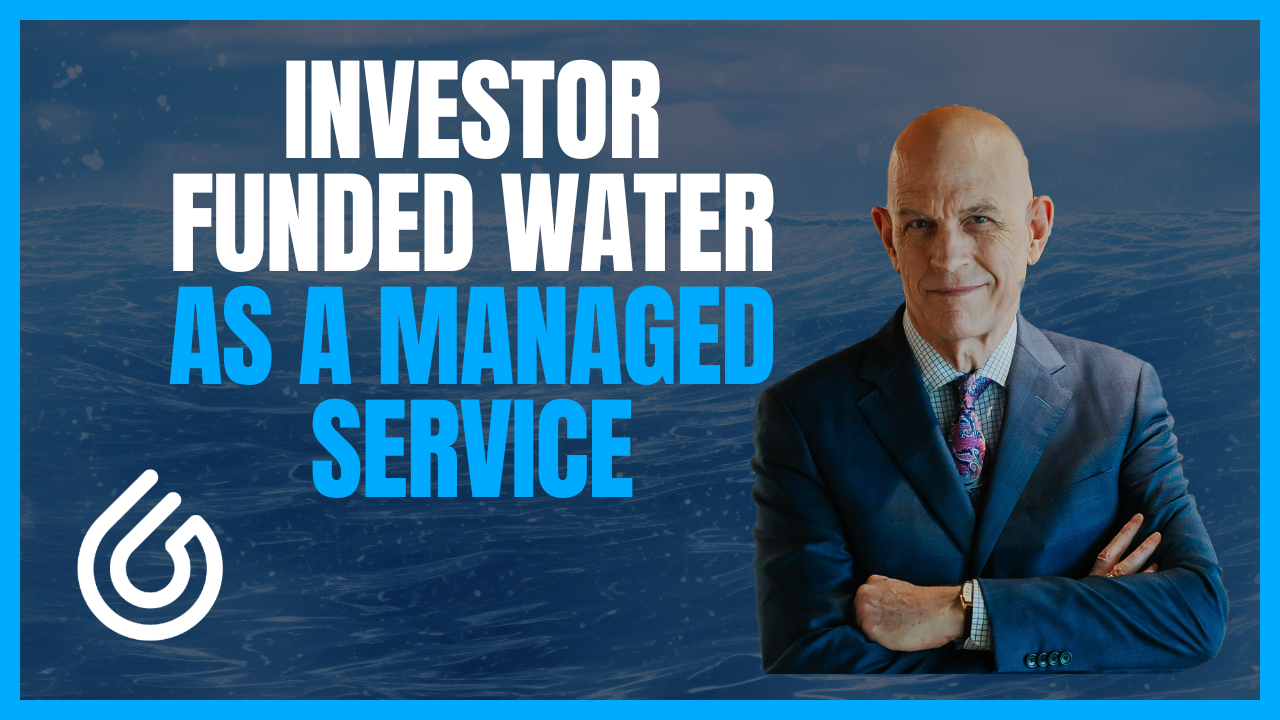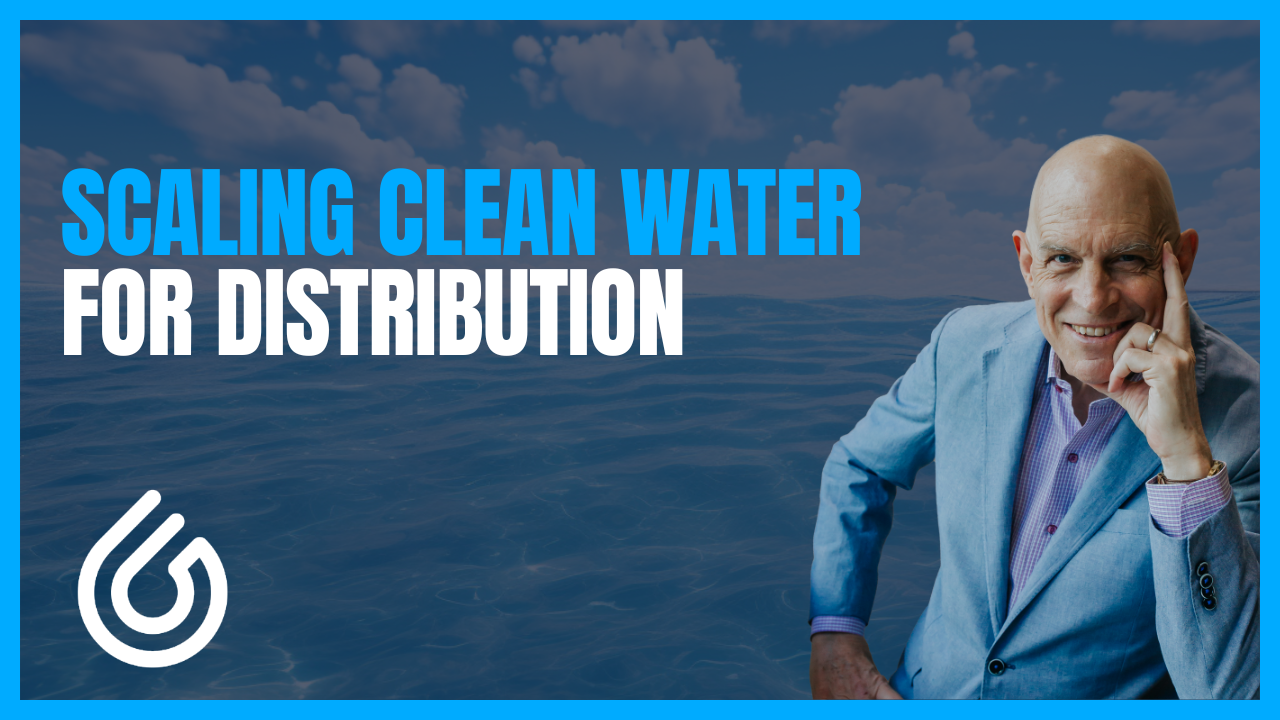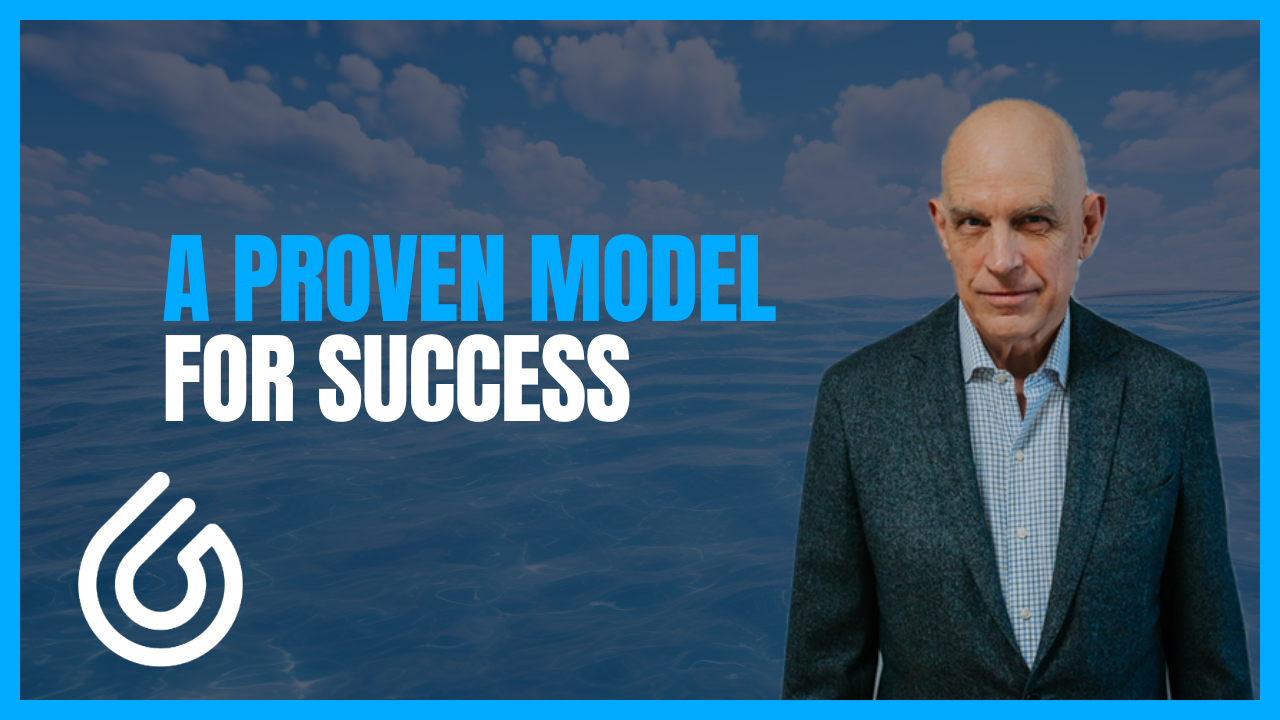We talk all the time about how 90% of fresh water use is by industry and agriculture and what the benefits would be if businesses treated their own wastewater and recycled it, and a big part of that equation is mastering the ability to rapidly deploy infrastructure to where they need it. Which is why our own Daniel Early's innovative adaption of the "unboxed process" to manufacturing Modular Water Systems is so strategically brilliant. But, what about the lack of funding? Well let's just say that we feel the matter is in strong hands… And what the heck are "strong hands"??? Find out in the replay!
The Emerging Infrastructure Wave
Apr 5, 2024 2:41:07 PM
You wouldn't think it possible but some US cities are losing 60% or more of their drinkable water AFTER they pay for it! So when we talk about the underlying issue in the water crisis being infrastructure what do we mean? Huge water loss in conveyance due to leaky pumping stations and increasing frequency of bursting high pressure water mains are just the obvious signs that our water infrastructure is failing. Large centralized treatment facilities are no longer the answer… We need nimble, rapidly deployable, point of use water solutions IN VOLUME. So, how can we do THAT? Find out in the replay!
Leading the Charge for Water's Future
Mar 29, 2024 2:01:15 PM
We opened this week's briefing with an excellent video of OriginClear Advisor, Kevin Harrington, interviewing our own EVP, Ken Berenger. The interview definitely provides a clear and simple summary of just what's going on in the world of water and what we're doing, and planning to do about it. In the face of decaying water infrastructure, failing water treatment systems and catastrophic losses of clean drinking water becoming common place one could easily get discouraged… DON'T BE - Because you'll also see in this video that the cavalry is coming! And the team just keeps getting stronger… Strong enough to make the difference? See for yourself in the replay!
Sustainable Water For Prosperity
Mar 22, 2024 4:22:46 PM
World Water Day is focusing on Water For Peace and it's a good thing with the number of water conflicts growing steadily over the past 10 years worldwide. But what about the localized water crisis? Yes, there actually IS one… Overburdened central facilities and mushrooming development are outstripping existing infrastructure which is hitting max capacity and simply can't grow fast enough. How do we meet the demand? The plan being executed is elegantly simply, strategically sound and robust. But more important… It's HAPPENING. Find out about it in this video!
Can Water Recycling Become Investable
Mar 18, 2024 11:36:47 AM
As water comes out of being a government monopoly general awareness of its potential as an asset is starting to take off. And enterprises are beginning to treat their own water at the point of pollution… Which makes sense! They can recycle it, lower costs, avoid regulatory fines and disposal costs in many cases and have greater water independence. So innovating a way to not only speed up but also turn that recycling trend into an investible asset that gives everyday individual investors preferred access? H-U-G-E! How huge? Find out in the replay!
Why Kevin Harrington Became an OriginClear Advisor
Mar 11, 2024 3:21:51 PM
Can we really double the amount of domestic freshwater available? Actually, if we can speed-spread business related wastewater recycling -- Yes! A key factor to understand is that business water usage makes up 90% of the freshwater consumption and they'd obviously have to clean their dirty water first before they could recycle it… Well our point of pollution "pod technology" water treatment systems solve THAT, but how do we convert enough businesses to become recyclers rapidly? And that's where Water On Demand and Kevin Harrington come into the picture -- creating an "army of us" could make that possible. What's an "Army of Us?" Find out in the replay!
Bending the Curve on Water Regeneration
Mar 1, 2024 6:01:06 PM
Most people don't know that a silent water disaster is taking place that worsens daily. A vision of ours we have talked about many times is the creation of a global water marketplace where all people have access to safe, clean water. Well with Modular Water Systems we've developed the way to broadly commoditize the recycling of water… And to scale it soundly. But how can Water On Demand outpace the rate of water's decline? Find out in the replay!
Investor Funded Water as a Managed Service
Feb 23, 2024 6:59:39 PM
With centralized water facilities straining under capacity loads, an increase in aging infrastructure failures, mushrooming suburban sprawl and a boom in ex-urban development, the demand for decentralized water treatment is out the roof! You'll see in this briefing how we've built a water as a managed service machine called Water On Demand that provides:
Scaling Clean Water for Distribution
Feb 16, 2024 3:37:03 PM
This briefing really demonstrates the importance of understanding that the basic common denominator of everything a successful business is built around is - PEOPLE! So, perhaps the real brilliance of Water On Demand is the combination of Modular Water's ability to scale technology DOWN to create micro-utilities for businesses and other communities of people… With an everyday investor Fintech model that possesses virtually unlimited capability to rapidly scale access to those micro-utilities UP! How far up? Find out in the replay!
A Proven Model for Success
Feb 9, 2024 3:24:21 PM
Every CEO Briefing should be this fun! We heard from Consumer Energy Solutions CEO, Jim Mathers (who then joined us LIVE!) all about why onsite, modular, decentralized energy solutions are the best answer for corporate sustainability, and how they relate to water. Actually, it's spookily similar! Hiring decentralized wastewater treatment genius, Dan Early, and developing his Modular Water Systems was our first great move, when you then factor in the opportunities that Water On Demand makes possible… It isn't any overstatement that they are truly amazing. But a totally new organic synergy emerged in this briefing that gives a real glimpse at the potential global humanitarian impact of our mission. Want to know what it is? Find out in the replay!
%20250px.png?width=250&height=53&name=OriginClear%20Logo%202019%20(RGB)%20250px.png)


